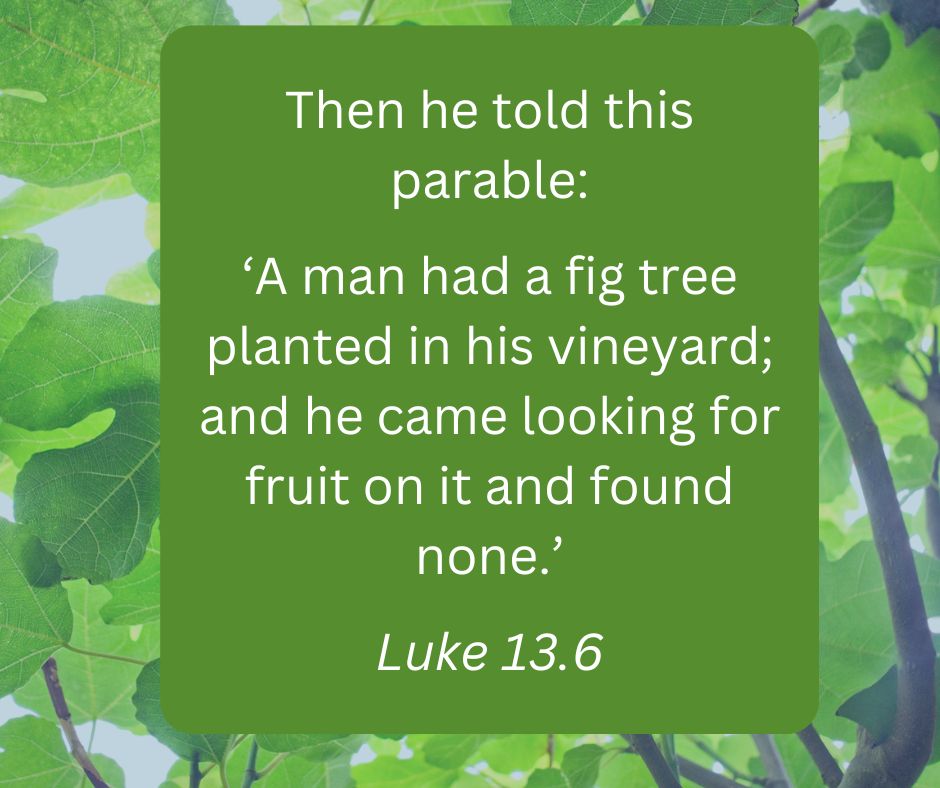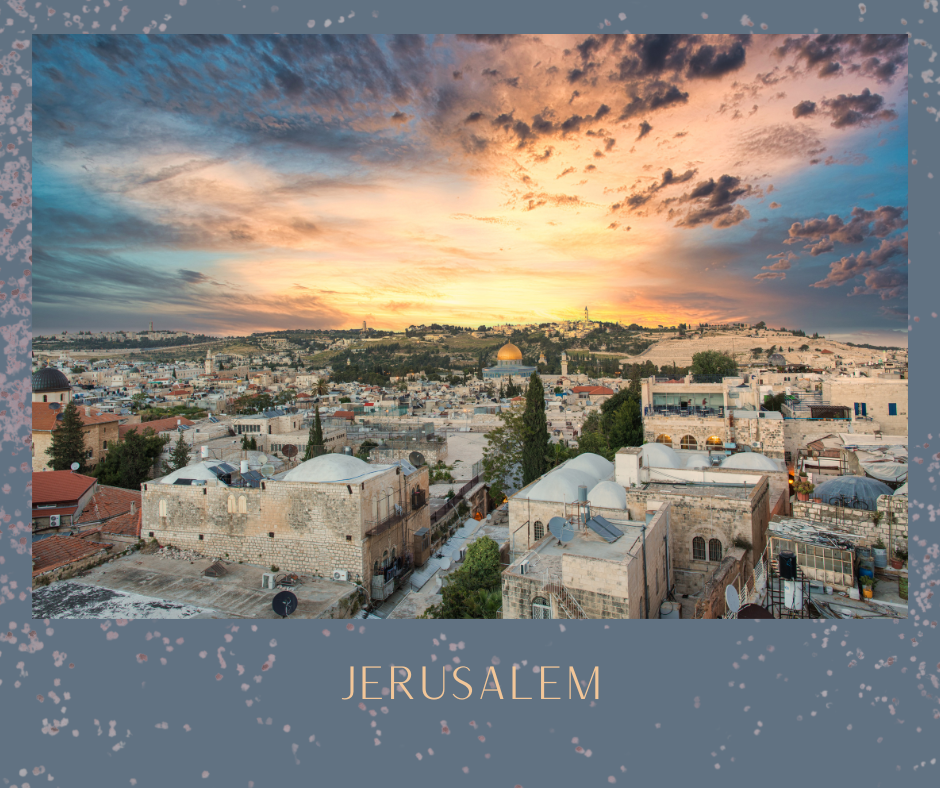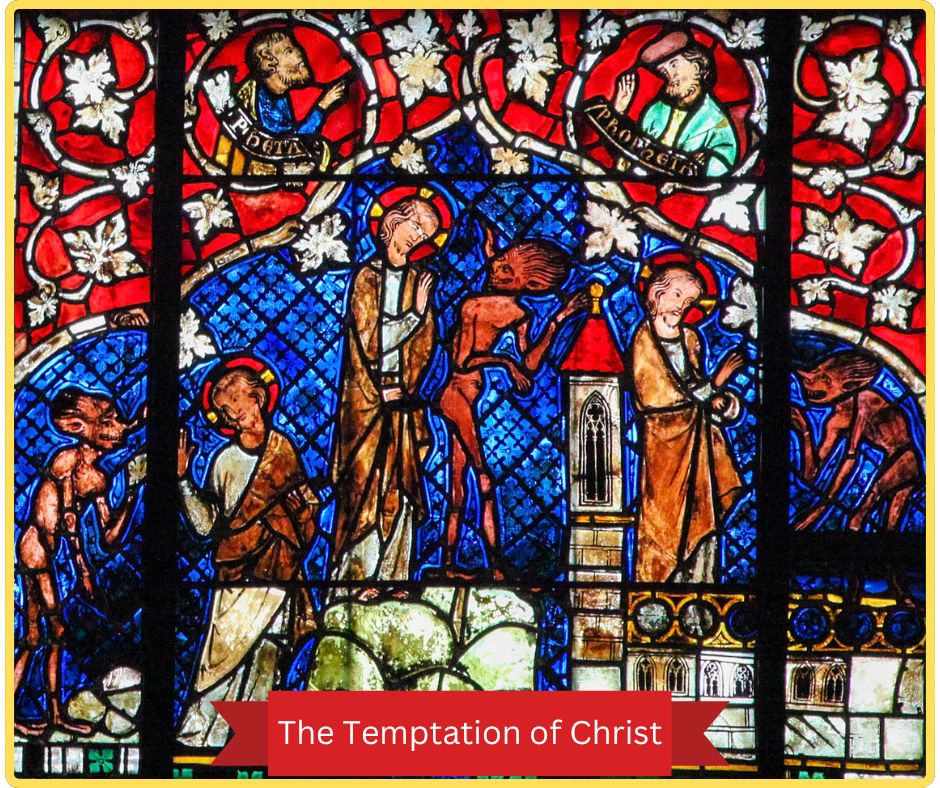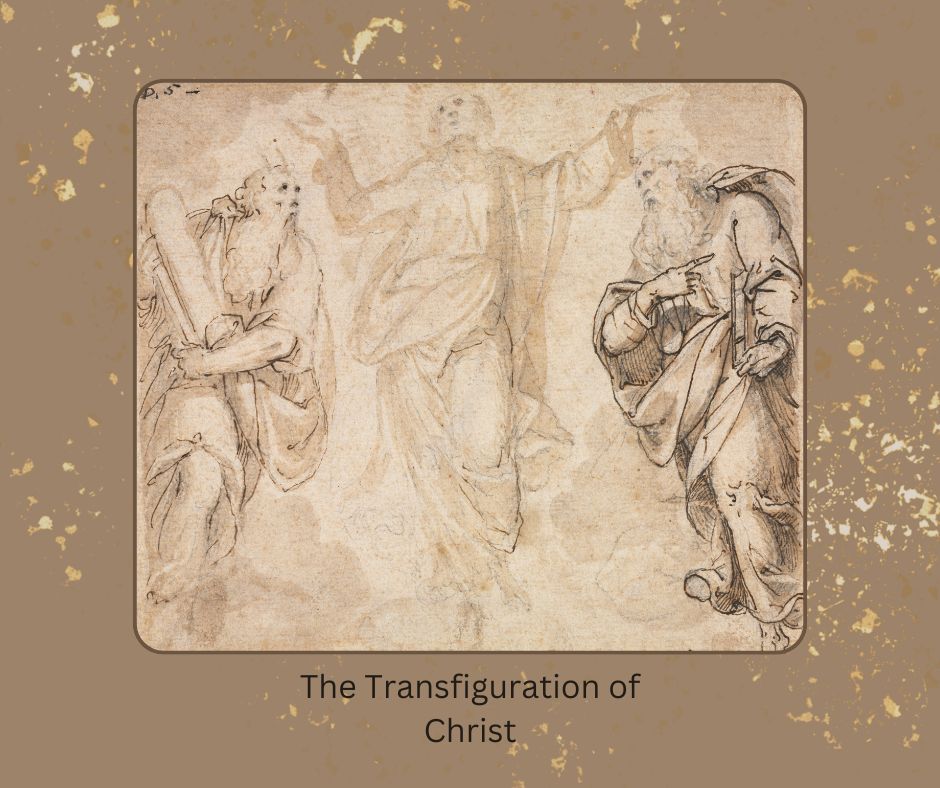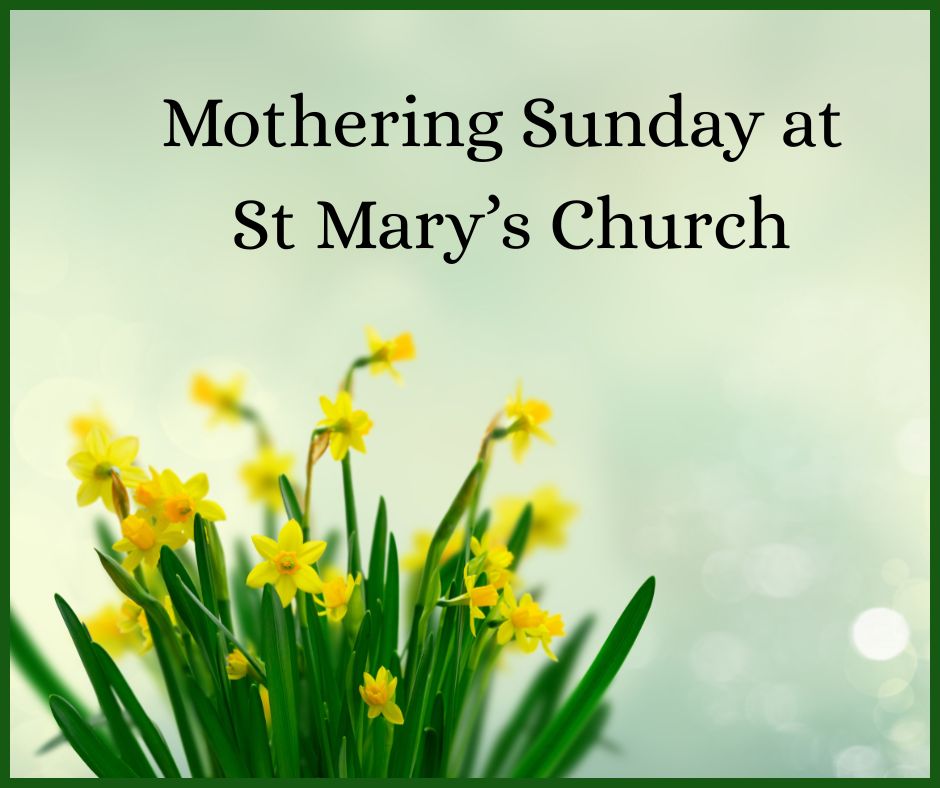
Watch this week's service on YouTube
Download the order of service here - 25 03 30 The Fourth Sunday of Lent - Mothering Sunday - Eucharist
Read this week's Church News
The Reading
Exodus 2.1-10
Now a man from the house of Levi went and married a Levite woman. The woman conceived and bore a son; and when she saw that he was a fine baby, she hid him for three months. When she could hide him no longer she got a papyrus basket for him, and plastered it with bitumen and pitch; she put the child in it and placed it among the reeds on the bank of the river. His sister stood at a distance, to see what would happen to him.
The daughter of Pharaoh came down to bathe at the river, while her attendants walked beside the river. She saw the basket among the reeds and sent her maid to bring it. When she opened it, she saw the child. He was crying, and she took pity on him. ‘This must be one of the Hebrews’ children,’ she said. Then his sister said to Pharaoh’s daughter, ‘Shall I go and get you a nurse from the Hebrew women to nurse the child for you?’ Pharaoh’s daughter said to her, ‘Yes.’ So the girl went and called the child’s mother. Pharaoh’s daughter said to her, ‘Take this child and nurse it for me, and I will give you your wages.’ So the woman took the child and nursed it. When the child grew up, she brought him to Pharaoh’s daughter, and she took him as her son. She named him Moses, ‘because’, she said, ‘I drew him out of the water.’
Luke 2.33-35
And the child’s father and mother were amazed at what was being said about him. Then Simeon blessed them and said to his mother Mary, ‘This child is destined for the falling and the rising of many in Israel, and to be a sign that will be opposed so that the inner thoughts of many will be revealed—and a sword will pierce your own soul too.’
Scripture quotations are from: New Revised Standard Version Bible: Anglicized Edition, copyright © 1989, 1995 National Council of the Churches of Christ in the United States of America. Used by permission. All rights reserved worldwide. http://nrsvbibles.org
The Sermon
Prepared by The Revd Canon James Wilson.
Mothering Sunday is one of those strange Sundays that people don't know quite what it's all about. Mainly because we have all got it muddled up with Mother's Day, which is an American invention that is to come in in a few weeks’ time. A celebration of mum’s with cards and flowers and if lucky chocolates!
Yet originally Mothering Sunday was and is strangely much more than just being about mothers. The clue is in the name of this service, that word mothering. And mothering is something that we all do, even though of course, mothers are the source of much of it. We all nurture each other in some way.
In our first reading today the story of the birth of Moses. When the mother of Moses (who is not named, sadly not seen as important enough). As she gives away her child, which she is doing the safety of her child. Our reading did not include that earlier on in the story Pharoah had ordered that every male child that was born of a Hebrew was to be murdered. she was saving her son from that fate, despite the cost to herself. She never could imagine that one day her son would lead the people of Israel out, called by God to take them to the Promised Land. She simply wanted him to have a chance of life.
What she was doing was doing the best thing she could for her child, which in her view, was let the Nile take him and pray that fate would be kind. But it's the boy’s sister that stands by it is the sister that probably was watching and protecting him from crocodiles get him and take him away before he was snapped up. It's the sister that was there for him not his mother.
We as a community gathered here today, that protection and nurturing is something that we all do for each other. We watch out for each other we nurture, and we care. It is not just the mothers that's sitting here today that will receive flowers, it is all of us to remind us to do that. As everything that is good and kind that is given by us stems from God, who is both mother and father to everything.
We think of God as this stern chap with bright white hair sitting on a throne. But that's our invention to cope with the enormity of what God is. The all-powerful God, the all loving God. God the creator. God the giver of life. God that fashioned a universe so wonderful that in the whole of eternity we will never be able to understand it fully.
As we sit here celebrating this Eucharist and rightly thinking about our mothers, we also must remember about the relationships that we hold within the love given by God.
My mother turns 90 this year, which is frightening because that means I turn 60 this year.
Time flies. And I was tasked by the rest of the family to put together a photo book of her, photographing old photographs that chronicle her life. And for the first time, I feel I am understanding my mother.
She was just always there, always just giving, making tea or often not coming in from work and dad making egg and chips. She was there always looking after and it's always been there for me. It has surprised how little I knew her. As I started looking at the photographs, I realised she was a beautiful young woman and that mum and dad fell in love. They did all the foolish youthful adventures. Mum and dad went to war and went through so many experiences growing and maturing in their relationship. Ever changing but the constant was she was always mum to my siblings and me.
And isn't that incredible? Living with someone and only seeing them through your own relationship with them.
Often, we do that with God, yes, God is unchanging but our understanding and relationship with God is not. Sometimes we can even fall out with God. We get angry because we do not fit in the same way as other people. I don't know about Tom, but I grew up not wanting to be gay. I most hated the thought of it because the thing that I wanted more than anything else was to have a family.
But God had other plans. I would never have become a priest if I had just gone out and followed what my parents had done. Worked hard, married and had children. I don't know how straight people ever have the time to bring up children. But I wish I had been given that option. But God was looking for me I don't have the time to tell you, how much joy I have received because I was given the opportunity of loving a congregation even though it takes so much time, so much effort. Sometimes! Especially loving the people, you don't really like. I like you all. Mostly!!!
That is what mothering is, freely giving of love even when life works out differently from what we want. I know my sister and my mother don't get on sometimes. It is only recently, after nearly 90 years, they have finally found a truce.
The way that they can work together in their love. They have worked out their relationship and work out how to care for one another. Who cares for who and how. 90 years is a long time working out, and some people never actually manage to do that, for they don't have a relationship with their mother because it wasn't nice or right. It's difficult and it's never perfect, it's never like how the cards say that we gave each year to recognise our mothers’ love.
But we have hope, and we have joy, in this place. We have bright flowers that symbolise that we are reflecting is the goodness of God and the goodness of mothering.
We will have simnel cake! For this Sunday is a day to rejoice even though we are in Lent,
This was the moment we pause, rest and refresh before we started on our journey towards the Passion of our lord. Passion Sunday, Palm Sunday and Good Friday.
Today is a time of refreshment, of joy. A day when we eat special cakes.
In some churches, I would be wearing pink at this time. It doesn't suit me, so I'm glad we don't have it. But that pink expresses the joy and beauty of this life. And we must not lose that Joy. I mean, we enjoy the fact that we matter one another as we matter to God.
So when you take your flowers out, do not just think about your mother, but think about each other. Think about how we can react to each other’s needs and care for each other better. Think about the laughter we can share and the hope that is in this day.
This day where we are fed by God so that we can grow into the likeness and follow our Lord into the promised land.
Amen.
The Prayers
As children of a loving God who always listens to our cries, let us pray to our Father in heaven.
Loving God, you have given us the right to be called children of God. Help us to show your love in our homes that they may be places of love, security and truth.
God of love,
hear our prayer.
Loving God, Jesus, your Son, was born into the family of Mary and Joseph; bless all parents and all who care for children; strengthen those families living under stress and may your love be known where no human love is found.
God of love,
hear our prayer.
Loving God, we give thanks for all those celebrating significant milestones in life, praying especially for Mela.
O Lord God, from whom we come,
in whom we are enfolded,
to whom we shall return,
bless us in our pilgrimage through life:
with the power of the Father protecting,
with the love of Jesus indwelling,
and the light of the Spirit guiding,
in life and love eternal.
God of love,
hear our prayer.
Loving God, we thank you for the family of the Church. We pray that all may find in her their true home; that the lonely, the marginalized, the rejected may be welcomed and loved in the name of Jesus.
God of love,
hear our prayer.
Loving God, as we see the brokenness of our world we pray for healing among the nations; for food where there is hunger; for freedom where there is oppression; for joy where there is pain; that your love may bring peace to all your children.
God of love,
hear our prayer.
Merciful Father,
accept these prayers
for the sake of your Son,
our Saviour Jesus Christ.
Amen.
Common Worship: Times and Seasons, material from which is used here is copyright (c) 2010 The Archbishops' Council


